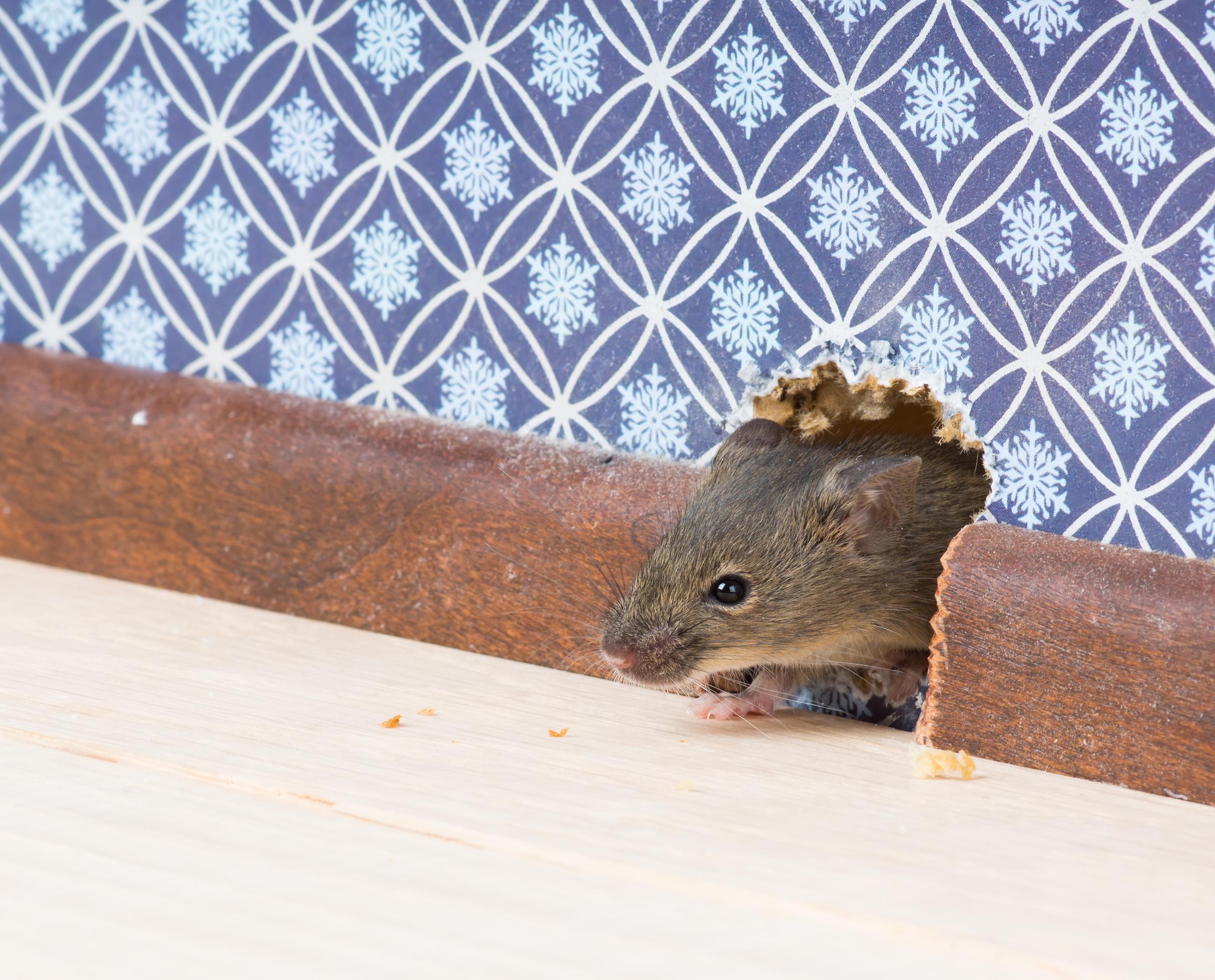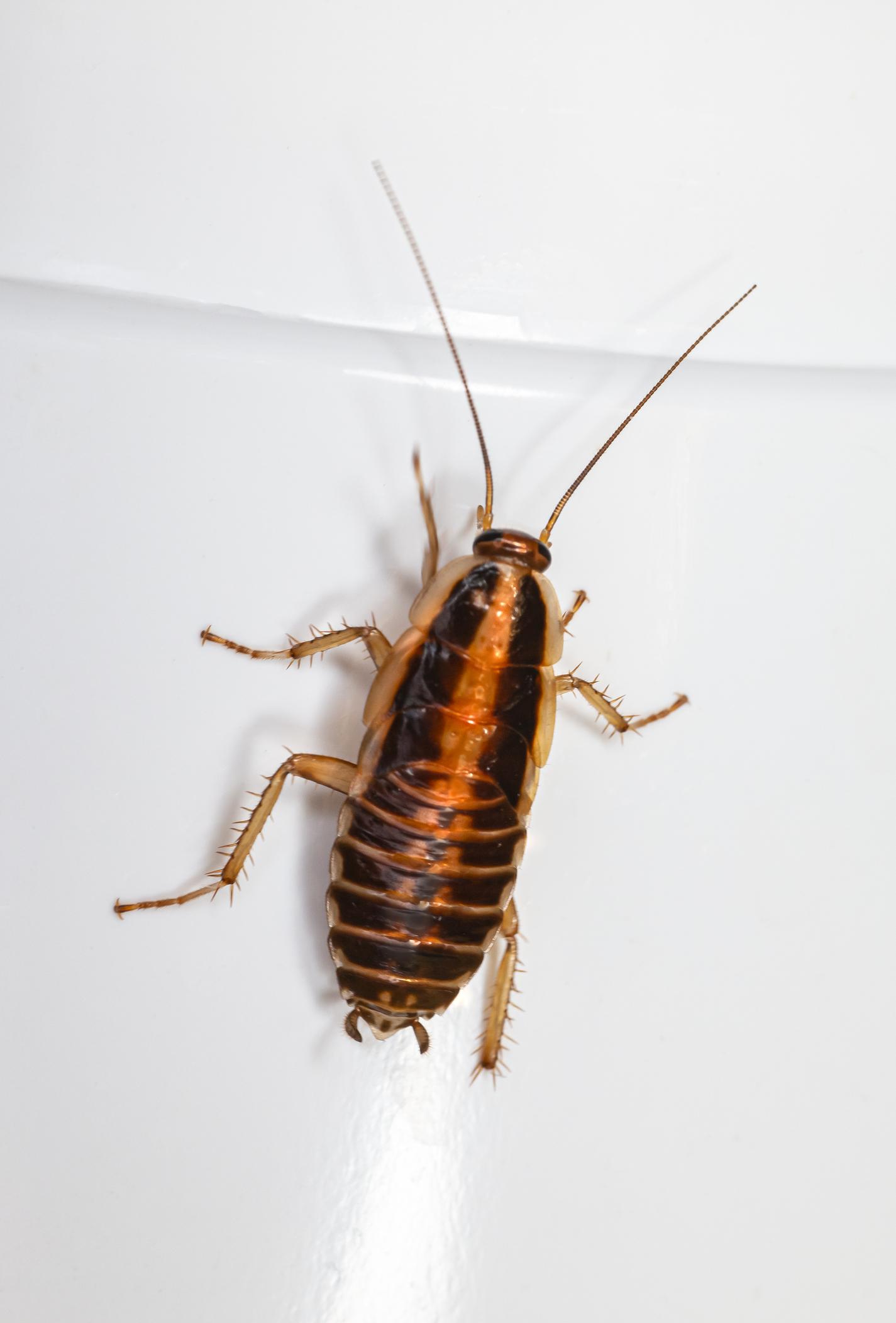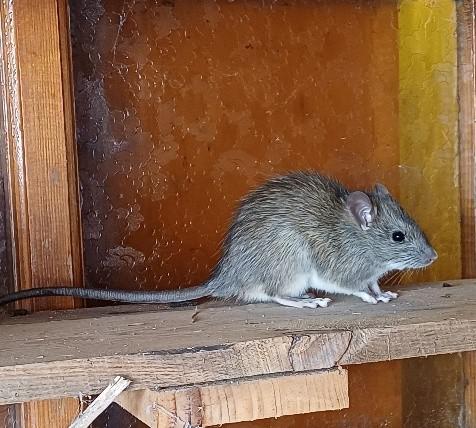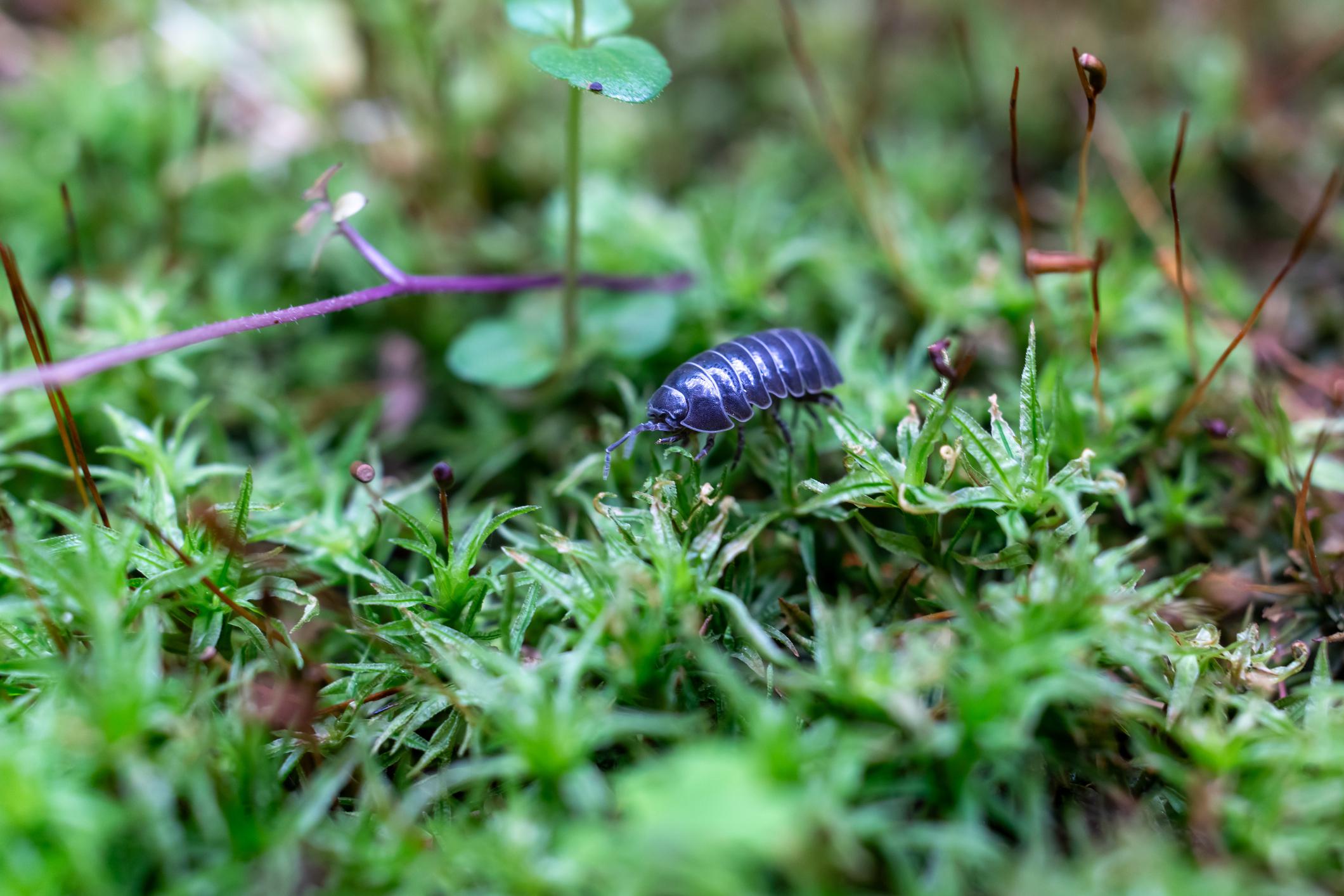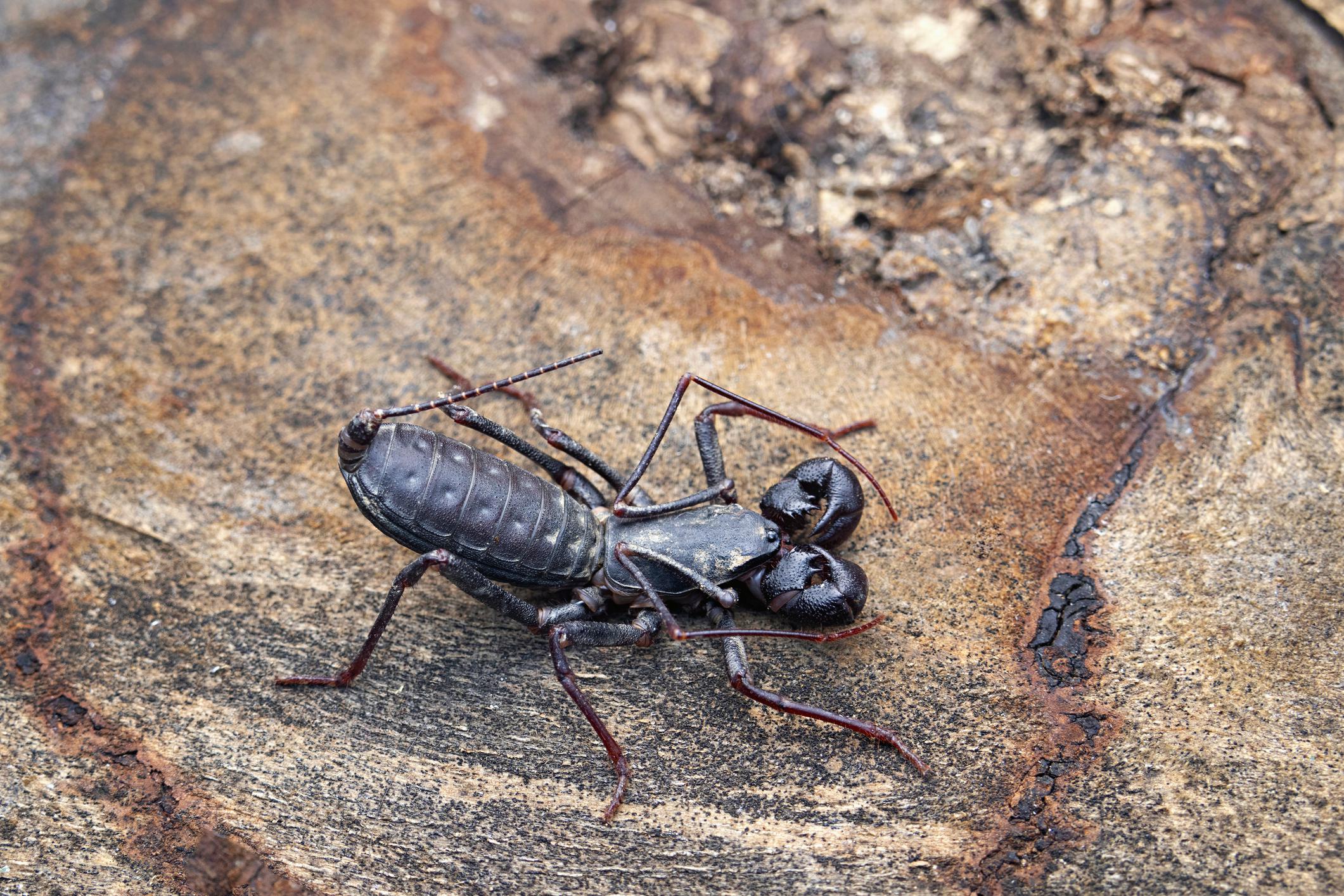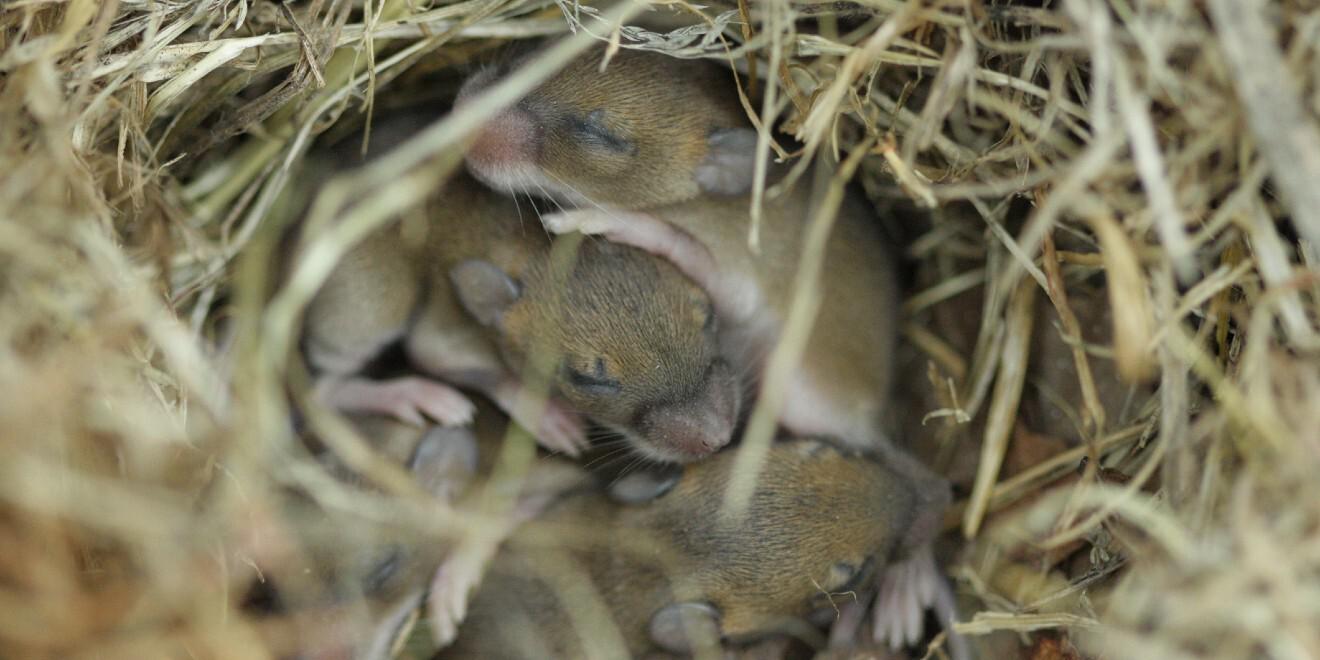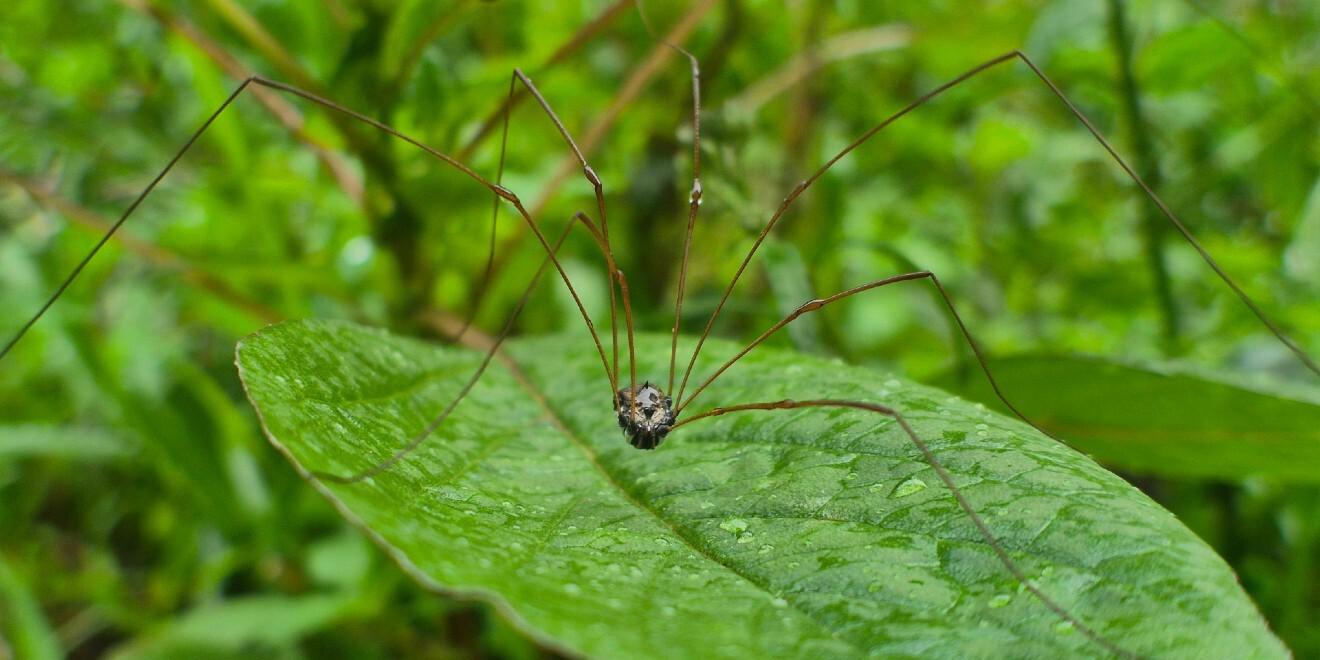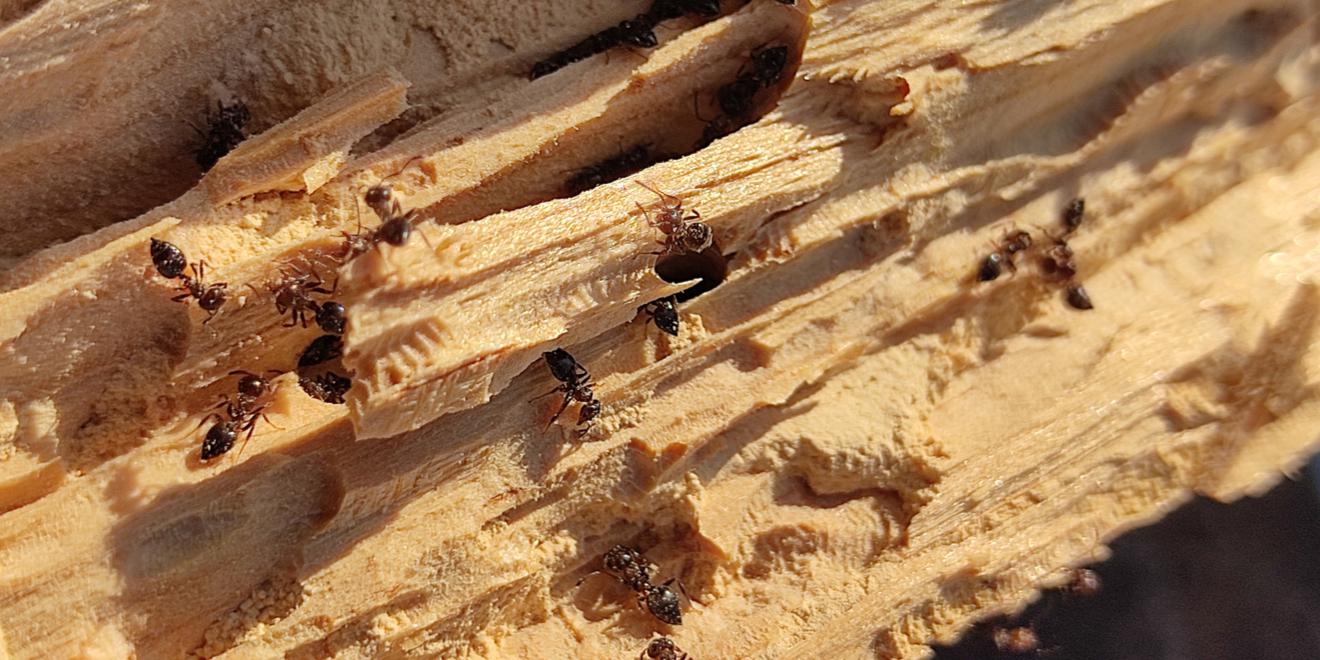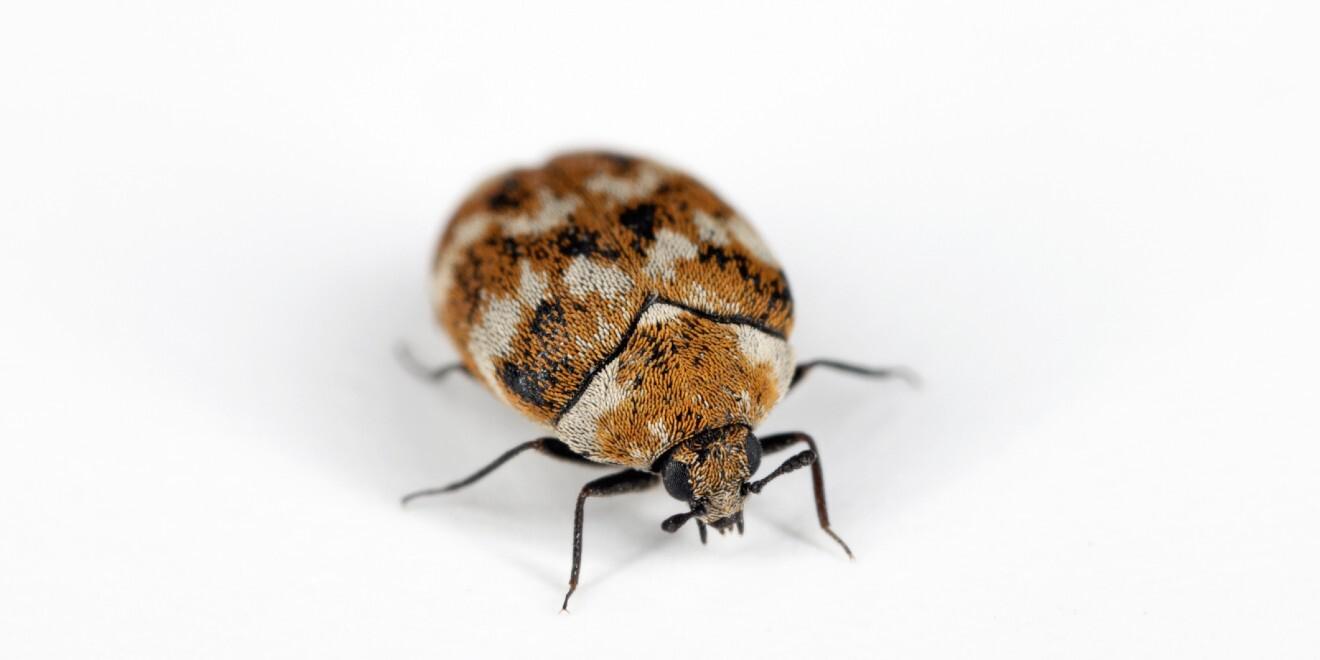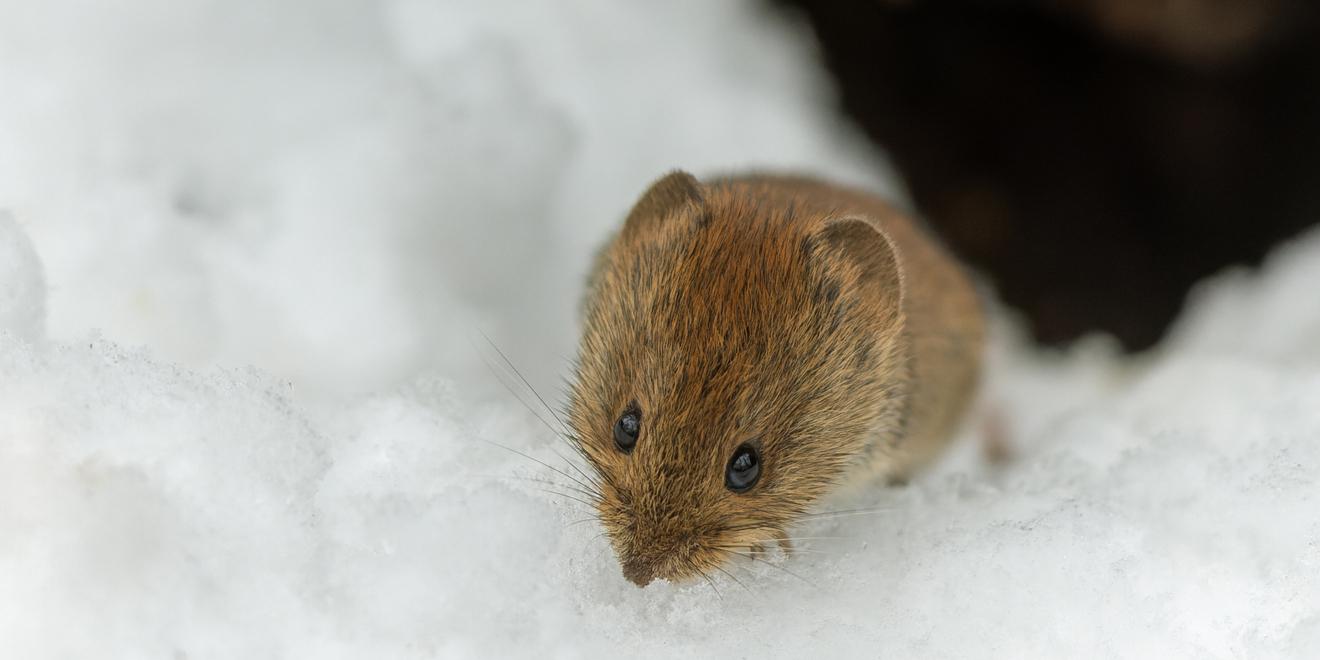Can Ticks Survive the Winter in Saint Paul?
Posted by Mosquito Squad
August 12, 2025
When the first snowflakes fall in Saint Paul and the temperatures dip below freezing, it’s easy to think pests like ticks have finally called it quits for the year. After all, they thrive in warm weather, so surely winter sends them packing, right? Not exactly.
Ticks are far more resilient than many people realize. While they aren’t as active in the colder months, they’ve developed ways to survive and reemerge once spring arrives. Understanding how they manage to make it through our Minnesota winters can help you better prepare your yard for the next tick season.
How Ticks Handle the Cold
Ticks don’t hibernate the same way mammals do, but they do enter a low-energy state called diapause when temperatures drop. In this state, their metabolism slows, allowing them to conserve energy for long periods. So, where do ticks spend their winter? As long as they can find cover, ticks can wait out even a Saint Paul deep freeze.
Ticks seek out sheltered spots where they can avoid the harshest conditions, such as:
- Under leaf litter and yard debris
- Beneath snow cover, which actually insulates them from extreme cold
- In tall grasses, brush piles, or along wooded edges
- On animal hosts like deer or mice that stay active in winter
Winter Activity Isn’t Impossible
While most ticks become inactive in extreme cold, certain species, like the blacklegged tick (also known as the deer tick), can still be active on warmer winter days, especially if temperatures climb above freezing. This means that on mild afternoons, it’s still possible to encounter ticks outdoors, particularly in wooded or grassy areas. For people who enjoy winter hiking, walking pets, or spending time outdoors, this is an important reminder: tick awareness isn’t just a summer concern.
Why Tick Survival Matters for Spring
The fact that ticks can survive winter means they’re ready to become active again as soon as temperatures rise. In Saint Paul, that can happen as early as March or April, sometimes even sooner if we have an early thaw. Female ticks that mated before winter may lay thousands of eggs once spring arrives, which can quickly boost the local tick population. This early jump-start is one reasontick control is most effective when started early in the season and repeated regularly.
Reducing Tick Habitats Year-Round
While tick treatments are most effective during peak activity months, there are steps you can take in the winter to make your yard less appealing to ticks in the spring:
- Clear leaf litter and yard debris where ticks may hide.
- Trim back overgrown vegetation and keep grass shorter.
- Stack firewood neatly in a dry area to discourage rodents that ticks may feed on.
- Check pets regularly after walks, even in cooler months.
Tick Control in Saint Paul with Mosquito Squad of Twin Cities
Starting a tick control plan early in the season can help you stay ahead of the problem. Our tick control services are designed to help reduce tick populations in your yard by targeting the areas where they live, rest, and breed. We offer treatments that can reduce ticks by up to 85–90% for up to 21 days, with recurring visits to help keep your yard more comfortable. Call Mosquito Squad of Twin Cities at (952) 260-3998 or contact us online today for your free quote.

